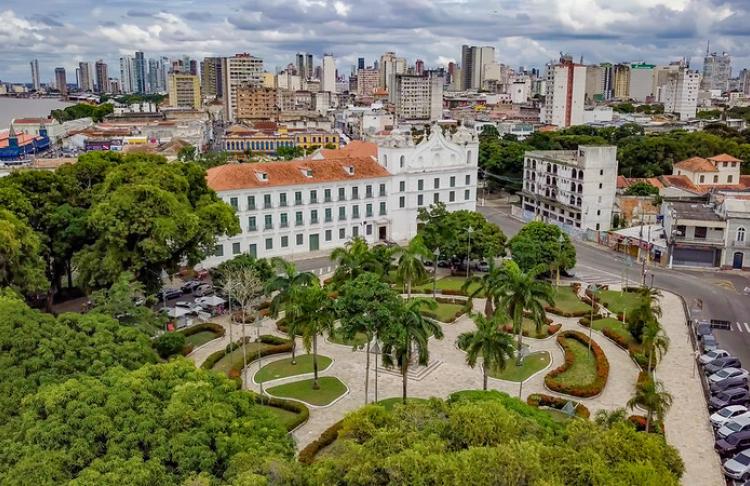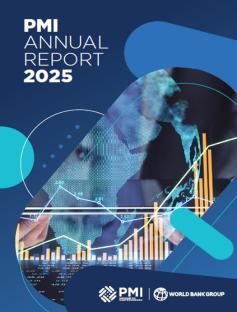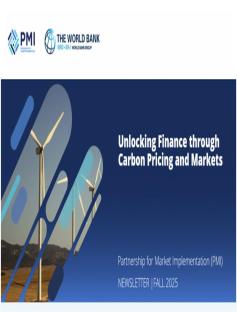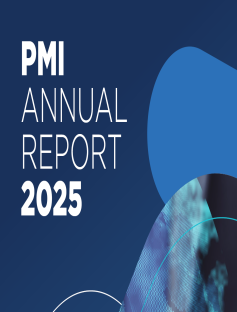In November 2025, the global community will turn its attention to Brazil, host of COP30. And the conference, to unfold in the shadow of the Amazon rainforest, will witness a nation employing policies to meet multiple goals: expand economic opportunities, improve living standards, and reduce emissions.
The policies in motion reflect the nation’s ambition to achieve development and climate wins. In November 2024, the government announced higher targets for its NDCs: reducing emissions by almost two-thirds from 2005 levels by the year 2035. A month later, President Luiz Inácio Lula da Silva signed the Emissions Trading System (ETS) into law. One operation of the ETS will compel large facilities to submit an emissions reduction plan and collectively keep emissions below the cap. The law establishing Brazil’s ETS outlines how carbon revenues will be allocated, including at least 5% to compensate indigenous peoples and local communities working to conserve native vegetation and ecosystems.
“We are moving forward to position Brazil as a leader in establishing strong systems for climate resilience to benefit our communities and to improve the insertion of the Brazilian industries into national, regional and global value chains,” said Cristina Fróes de Borja Reis, Undersecretary for Sustainable Economic Development at the Ministry of Finance of Brazil.
Brazil’s ETS plans have benefited from technical support by the Partnership for Market Implementation (PMI). The engagement started with a small, targeted grant to advise Brazil’s Ministry of Finance on ETS policy design and an updated assessment of macroeconomic impacts from carbon pricing in the country. The support expanded to include guidance on carbon market infrastructure including registry systems, sharing of lessons from international experiences, and assistance in preparing a comprehensive ETS Implementation Roadmap for government agencies.
Brazil is now preparing an implementation support plan to assist the operationalization of its carbon market legislation, including ETS implementation, domestic crediting, and linkages with international carbon markets under Article 6 of the Paris Agreement. “Legislation is the starting point,” said Hania Dawood, World Bank’s Practice Manager for Climate Finance & Economics.
Challenges remain in Brazil’s carbon market journey. The ETS covers only industrial sectors and not the agriculture and land sector, a significant GHG emitter in Brazil. Connecting the ETS to carbon credits generated in these sectors would amplify the impact of the ETS on other sustainable economic activities.
The government is taking steps towards these broader goals. It is interacting with other countries to deliver high-integrity credits and undertaking fiscal reforms that promote performance-based incentives for states and municipalities to conserve native forests. The World Bank’s country partnership with Brazil also promotes a transition to green jobs through education and retraining initiatives and the expansion of climate-smart agriculture.
For Brazil, establishing an ETS is only one part of the larger strategy to promote the ecological transformation, allowing for new technological, financial, productive, and cultural paradigms in Brazil.
“Carbon markets provide one incentive to strengthen our biodiversity and create jobs and revenue for a wide range of producers, from villages and towns in the Amazon and beyond to urban spaces and cities,” said Undersecretary de Borja Reis. “Decarbonizing the economy strengthens economic resilience for future generations.”




